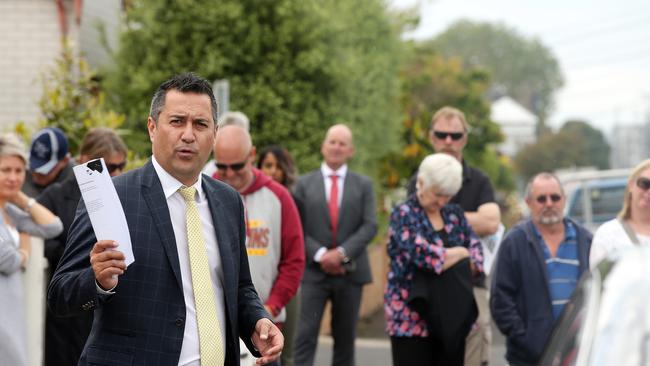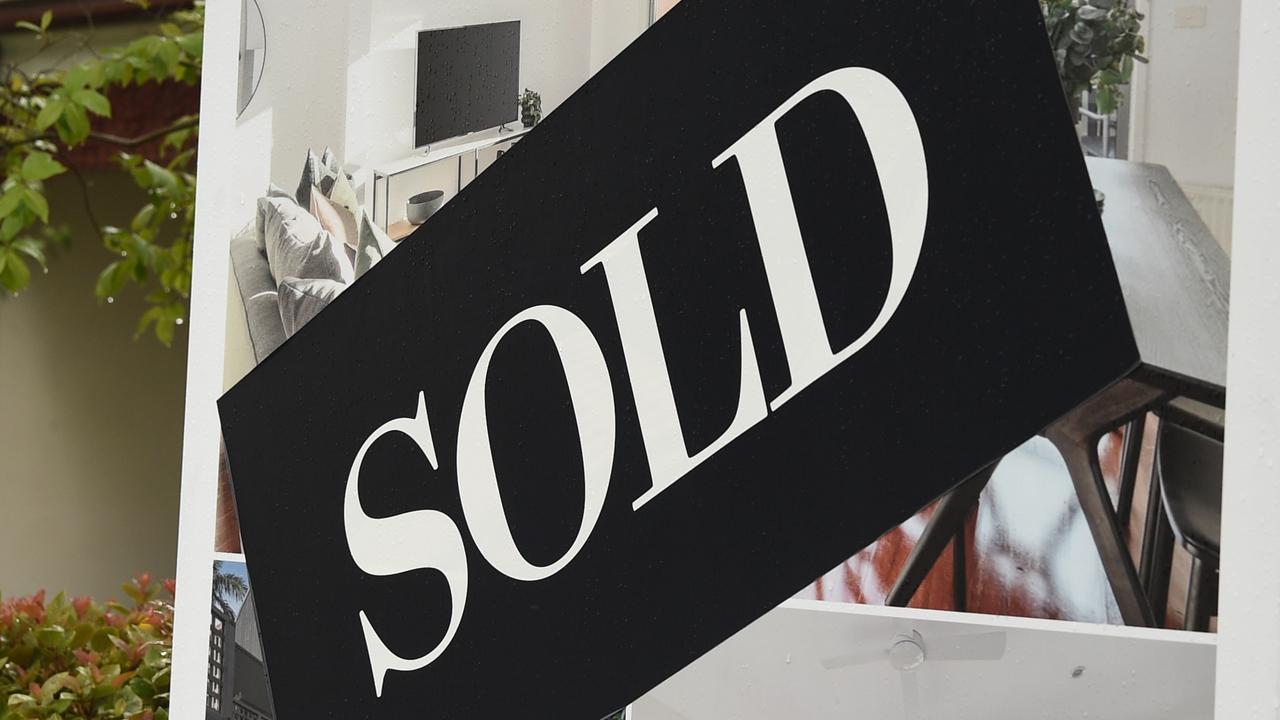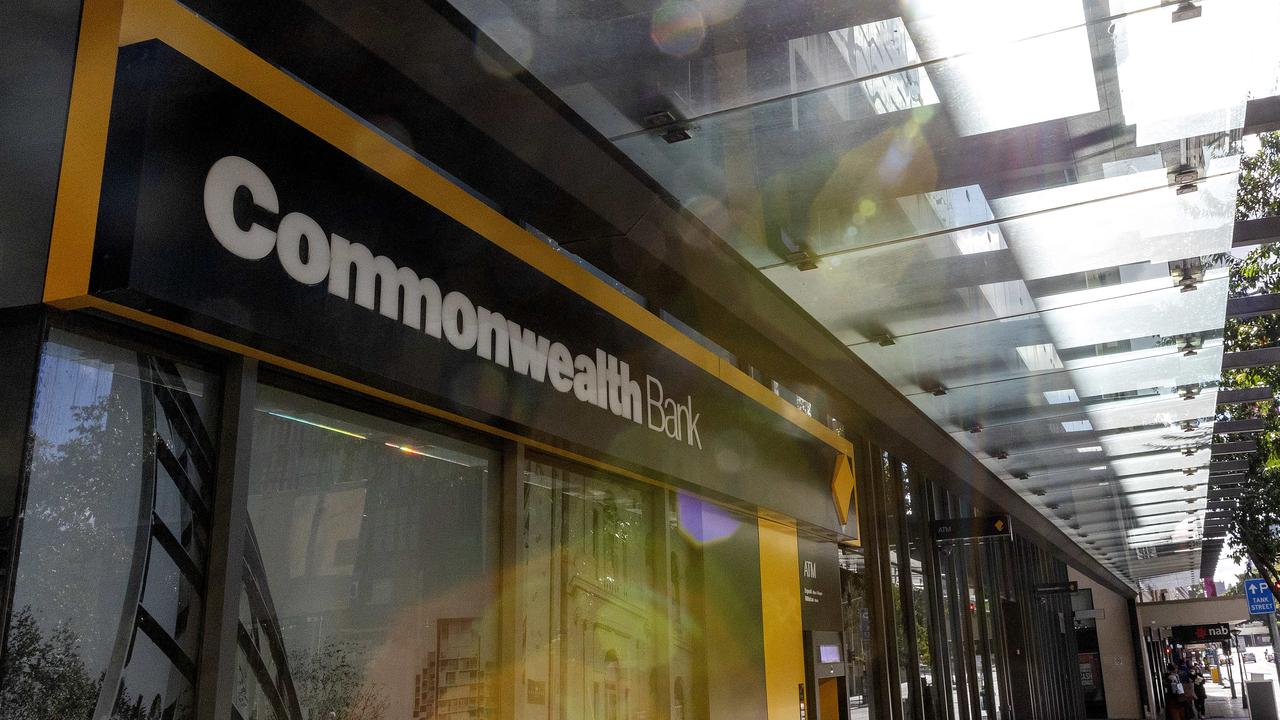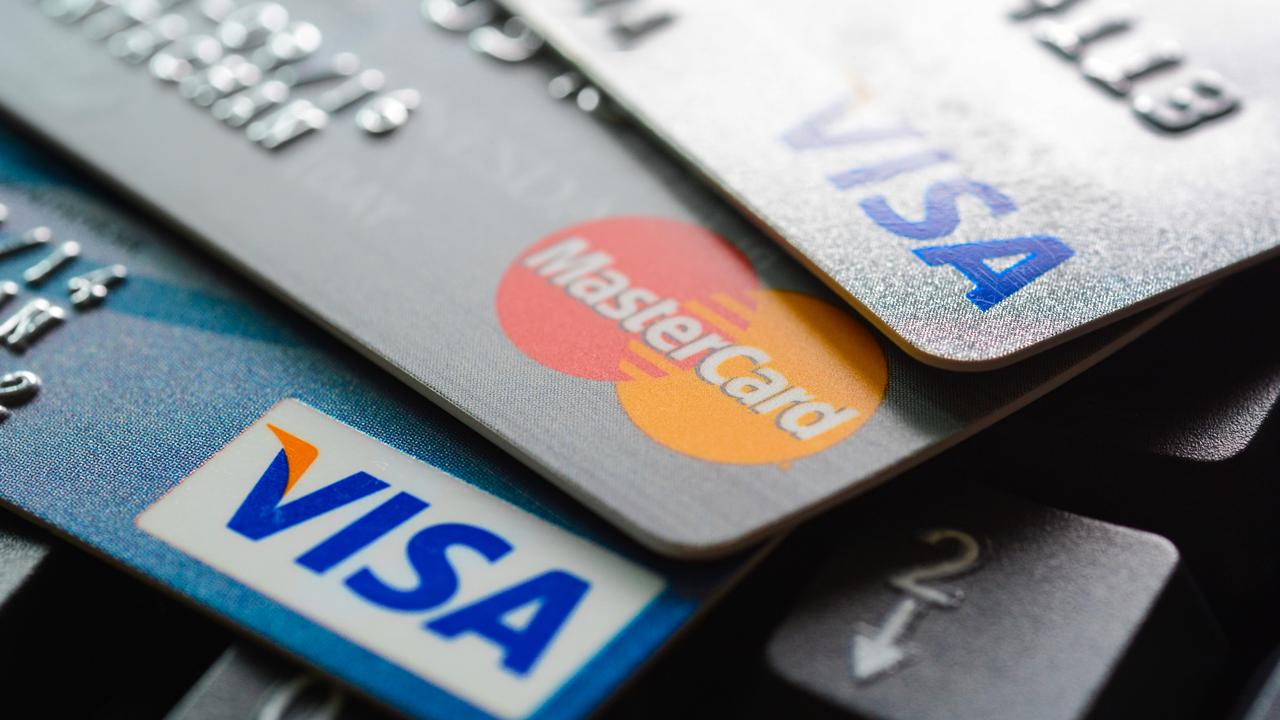US Election result hits Australian home buyers, with mortgage interest rates on the rise
HE HASN’T even taken office yet, but Donald Trump is already messing with us. His imminent presidency is hitting Australia right where it hurts.

DONALD Trump’s impending presidency is hitting Australians where it hurts most: interest rates.
First home buyers can expect a tougher, more expensive mortgage market courtesy of the property-developer-cum-leader-of-the-free-world, economists say.
And it’s already begun, with Westpac, St George, Bank of Melbourne, BankSA, Rams, ME and Ubank hiking mortgage interest rates by up to 60 basis points on Monday, and the other major banks expected to follow.
The news late on Friday sparked fresh calls for a Royal Commission from those outraged by lenders’ “greed”, with borrowers still smarting from the big banks’ refusal to pass on the full benefits of the Reserve Bank’s August cash rate cut.
“My opinion just changed again. We need a banking royal commission,” Nationals MP George Christensen wrote on his Facebook page.
Labor Senator Katy Gallagher took the opportunity to excoriate Prime Minister Malcolm Turnbull, accusing him of “running a protection racket for the big banks”.
But experts say there’s another culprit behind the banks’ move, and he’s holed up at Trump Tower trying to decide who will be his Secretary of State.
THE TRUMP EFFECT
The President-elect is impacting Australians’ lives before he has even taken office, because his declared policies have already hit global capital markets.
Building a wall to keep Mexicans out is not just controversial; it’s expensive. And while no one realistically expects Mr Trump to fulfil all $16 trillion ($US12 trillion) worth of campaign promises by 2026 — which would expand the national debt to 129 per cent of GDP — the US deficit is expected to increase.
That’s why the US 10-year Treasury Benchmark, a key indicator that shapes the cost of money on international market, spiked within minutes of the election result.
“We don’t know a lot about Trump’s policies, but what he is talking about is investing big infrastructure,” Martin North of Digital Finance Analytics told news.com.au.
“If you do that you’ve got to borrow more, and you need to fund that, so there’s greater demand for bonds and other capital market instruments. If there’s more demand than supply, the price goes up. It’s really just a reaction to his implied policy.”
The benchmark is used to price bonds, a long-term, low risk investment product that is one of the ways governments use to raise cash. Basically, it’s when you lend money to the government, generally for a fairly modest return.
When Mr Trump was elected on November 9 (Australian time), US government 10-year bond yields were sitting at about 1.8 per cent; now it’s about 2.35 per cent.
“The US Treasury benchmark is such a critical benchmark, not just in the US but on the global scene, that it will have a flow-on effect,” Mr North said. “It’s already having an effect in Europe, the UK with mortgage rates there.”
He said Australian borrowers should brace for “a half to three-quarters of a per cent rise in the next few months”, independent of any change to the RBA cash rate.
“My own view is that the Reserve Bank has probably finished its cuts in cycle, unless we get a really strong downward single from the broader economy,” Mr North said.
“That would perhaps combine to move rates closer to one per cent higher in the next 12 to 18 months.”
ARE THE BANKS BEING GREEDY?
AMP Capital’s chief economist Shane Oliver said it was “quite normal” to have changes in fixed rates out of cycle from the Reserve Bank, because fixed rate mortgage rates were determined on the back of bond yields.
But he said the major banks could soon start meddling with variable rates if US bond yields continued to increase.
“We haven’t got that at the moment, but their funding costs are rising and, when you put that together with the other pressures on banks’ funding costs, it might have a flow-on effect,” Mr Oliver said.
Westpac has increased a range of two, three and five-year fixed home loan rates, including its subsidiaries St George, Bank of Melbourne and Rams, by up to 60 basis points. It has left variable-rate mortgages alone.
National Australia Bank’s online subsidiary UBank raised variable mortgage rates by 10 basis points for new and existing customers, effective from December 2, while ME Bank raised variable rates by the same amount for new customers only.
Finance Brokers Association of Australia chief executive Peter White said Australians could expect more out-of-cycle interest rate movements, but unlike the economists interviewed he was critical of the banks.
“I think with the billions of dollars of profit they’re making I think any of us would have a hard time justifying it,” Mr White said.
He said while the banks argued that they were beholden to capital markets and not the cash rate, they were really just focused on delivering profits to shareholders.
“Due to a range of external factors we need to achieve a balance between our home and deposit customers,” Ubank chief executive Lee Hatton said of the bank’s rate hike.
A Westpac spokeswoman said: “When making pricing decisions we have to take into account a range of factors including funding costs, the long term outlook on interest rates, and risk and regulatory settings. We constantly review our rates and remain committed to providing competitive rates to our 8 million customers.”




